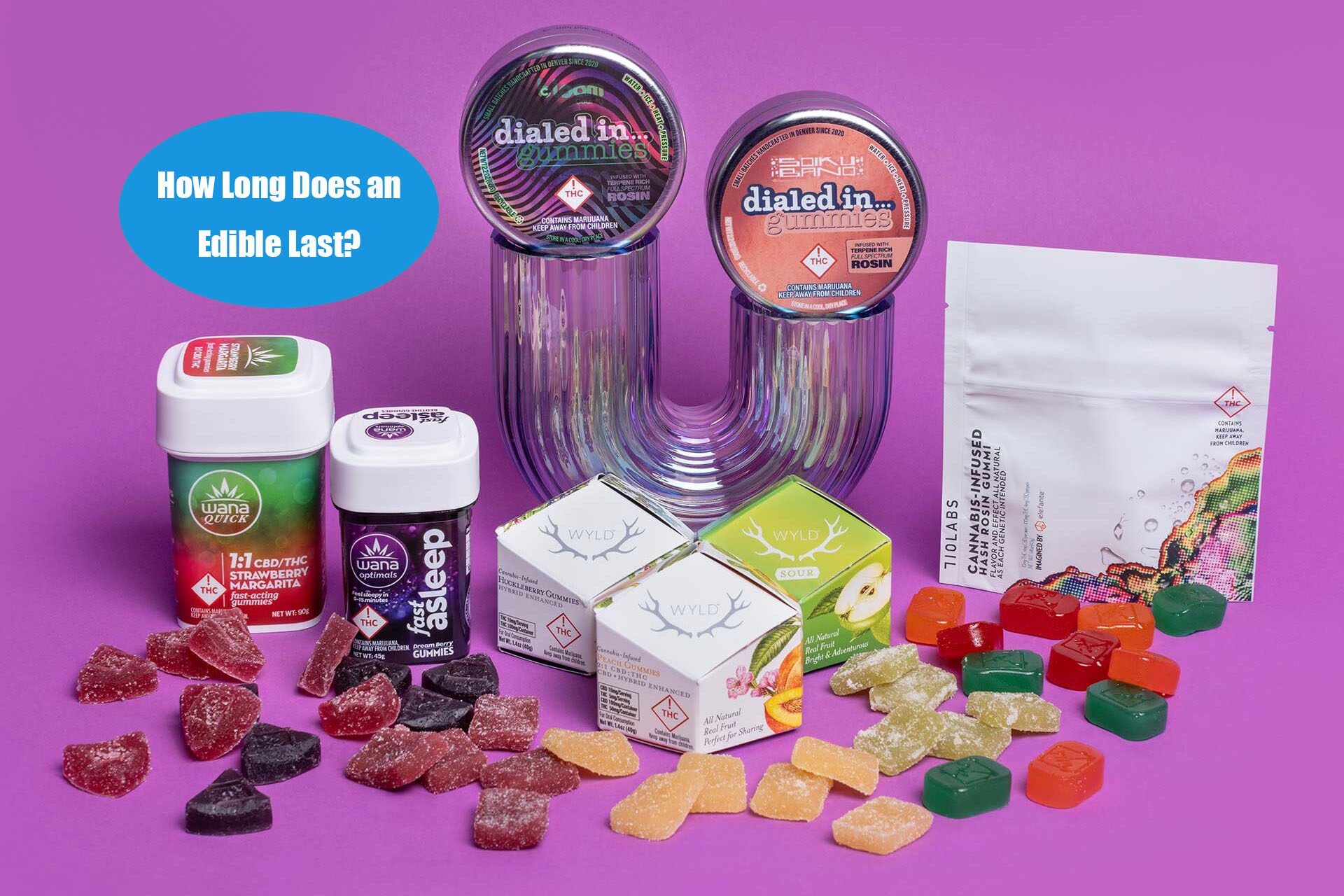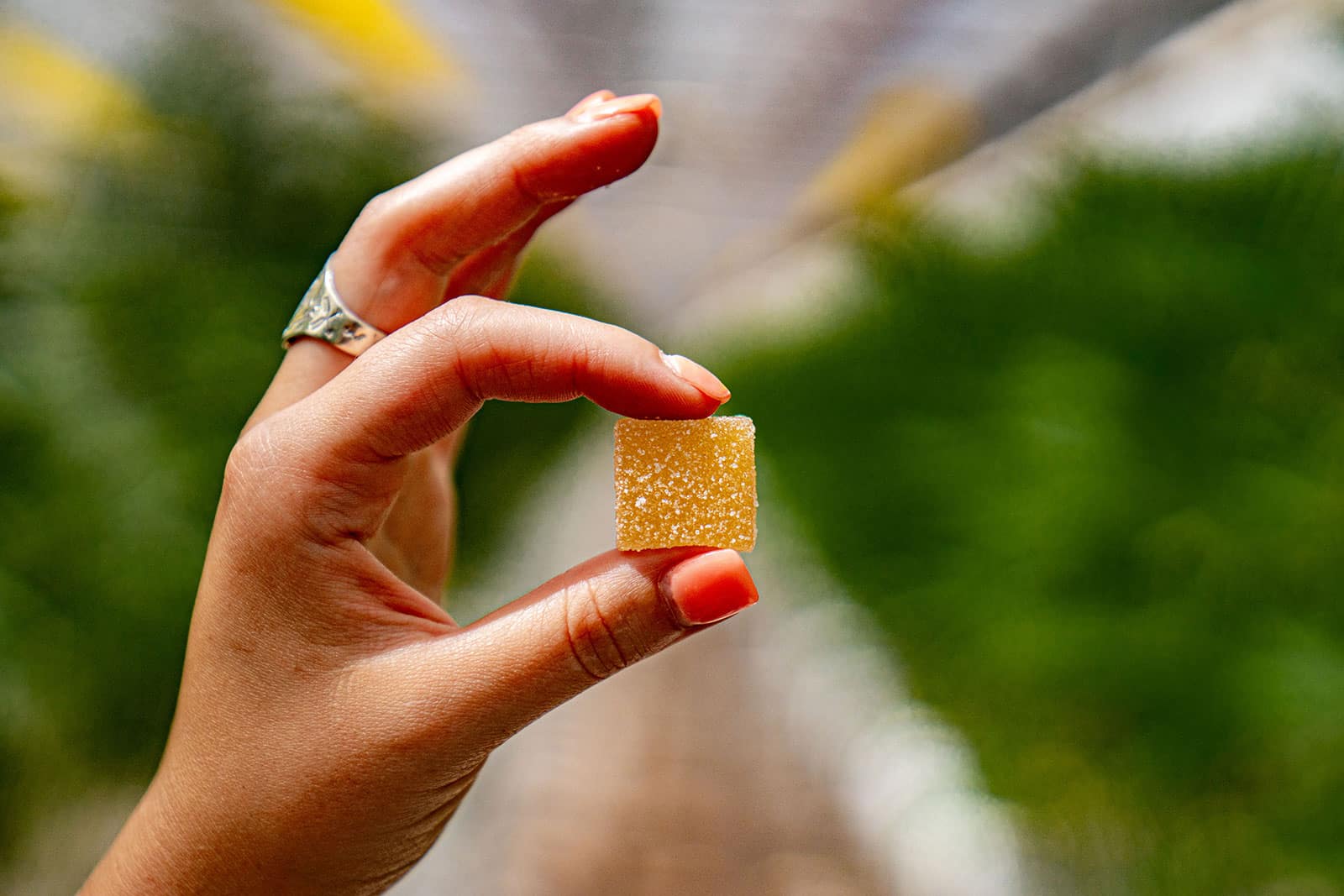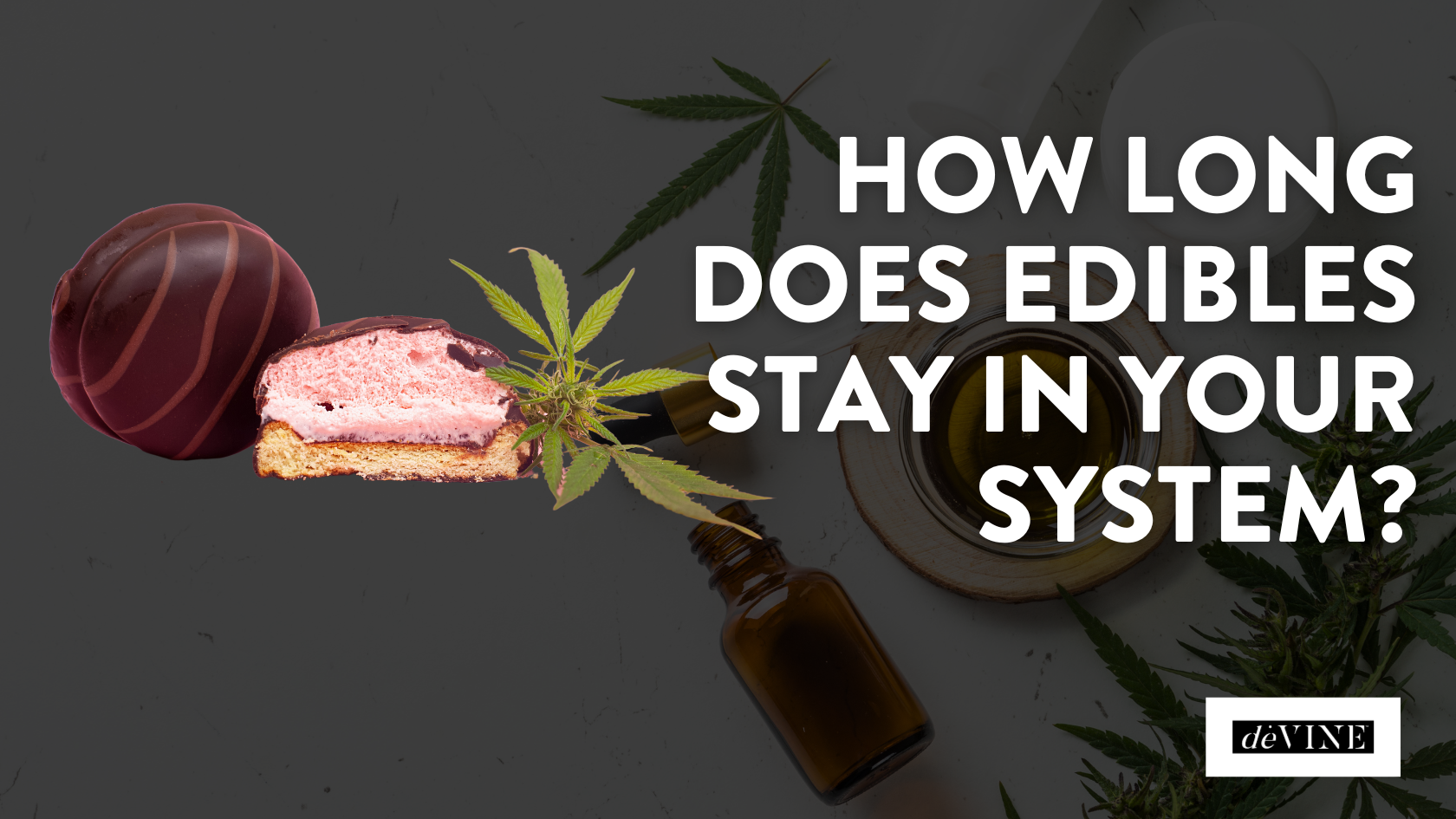How Long Do Edibles Make You Test Positive
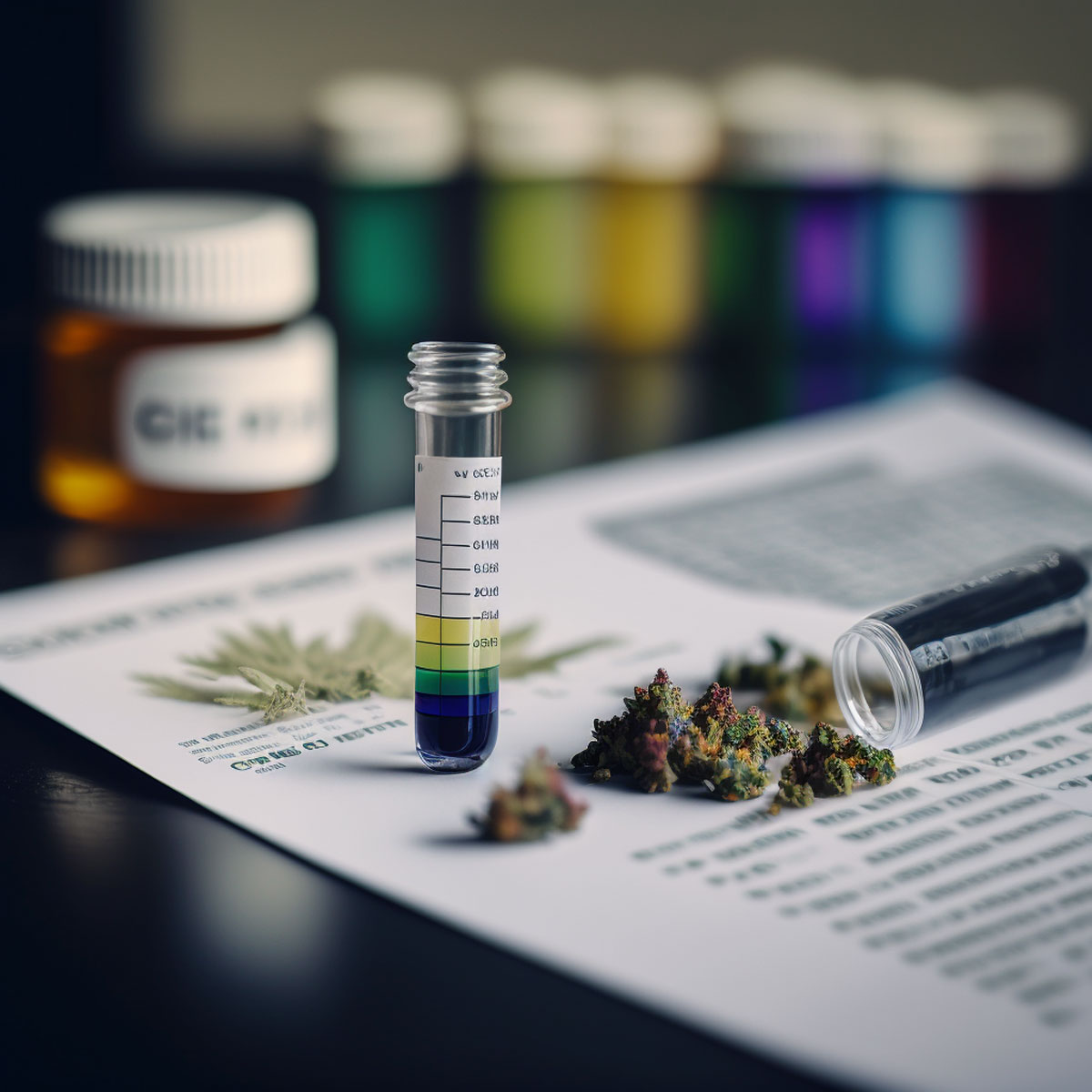
The increasing legalization and accessibility of cannabis edibles has led to a surge in their popularity. However, this rise also brings forth a crucial question: how long can edibles be detected in drug tests? Understanding the duration of detectability is vital for individuals facing employment screenings, athletic competitions, or legal obligations.
This article delves into the factors influencing how long edibles remain detectable. It examines the science behind cannabis metabolism. It also provides insight to help individuals navigate the complexities of drug testing in the era of widespread cannabis use.
The Science of Edibles and Drug Testing
The active compound in cannabis, tetrahydrocannabinol (THC), is the primary target of most drug tests. When ingested through edibles, THC undergoes a different metabolic pathway compared to inhalation. This distinction significantly impacts its detectability.
When cannabis is smoked or vaped, THC enters the bloodstream directly through the lungs. Edibles, on the other hand, are processed through the digestive system. They are metabolized in the liver, converting THC into 11-hydroxy-THC, a more potent psychoactive compound.
This 11-hydroxy-THC is eventually metabolized into THC-COOH, a non-psychoactive metabolite. It is this metabolite that drug tests typically screen for. THC-COOH is stored in body fat and gradually released into the bloodstream, making it detectable for a longer period.
Factors Influencing Detection Time
Several factors contribute to the length of time THC metabolites remain detectable. These factors range from individual physiology to the frequency and dosage of edible consumption.
Metabolism and Body Composition
Metabolism plays a crucial role. Individuals with faster metabolisms tend to process and eliminate THC metabolites more quickly.
Body fat percentage also affects detection time. THC-COOH is stored in fat cells, meaning individuals with higher body fat percentages may retain the metabolite for longer periods.
Dosage and Frequency of Use
The dosage of THC in the edible is a primary determinant. Higher doses result in a greater concentration of THC metabolites in the body.
Chronic, frequent use of edibles leads to a buildup of THC metabolites. This extended accumulation translates to a longer detection window compared to infrequent or one-time use.
Type of Drug Test
Different types of drug tests have varying detection windows. Urine tests are the most common method for screening cannabis use.
Urine tests typically detect THC-COOH for up to 30 days in chronic users, but only a few days in infrequent users. Blood tests have a shorter detection window, typically detecting THC for a few days after consumption.
Hair follicle tests offer the longest detection window, potentially detecting THC use for up to 90 days. Saliva tests have the shortest detection window, generally detecting THC for only 24-72 hours.
General Guidelines for Detection Times
While individual factors vary, some general guidelines exist regarding the detection times for edibles. It is important to consider them with caution.
For infrequent users, THC may be detectable in urine for up to 3-7 days. Moderate users might test positive for 7-21 days.
Heavy, chronic users may test positive for 30 days or longer. Blood tests typically detect THC for 1-2 days, while saliva tests detect it for 1-3 days. Hair follicle tests can detect THC for up to 90 days.
Impact and Considerations
Understanding the detection times of edibles has significant implications for various aspects of life. Employment drug screenings are a common concern.
Many employers have zero-tolerance policies regarding cannabis use. A positive drug test can lead to job loss or prevent individuals from securing employment. Athletes also need to be aware of testing regulations.
Many sports organizations prohibit cannabis use. Athletes who test positive for THC may face suspension or disqualification from competition. Individuals with legal obligations may also be subjected to drug testing.
Probation officers or courts may require drug testing as a condition of release or sentencing. A positive test can have serious legal consequences.
A Human Perspective
Consider the story of Sarah, a registered nurse who uses edibles to manage chronic pain. She lives in a state where medical cannabis is legal. But, she still faced anxiety about potential drug tests related to her employment.
"I rely on edibles to function and provide care to my patients," Sarah explained. "The thought of losing my job because of a positive drug test, even though I'm using cannabis legally, is terrifying." Her story highlights the conflict between legal cannabis use and workplace drug policies.
Conclusion
The detection time of edibles in drug tests is influenced by several factors. These factors are individual metabolism, dosage, frequency of use, and the type of drug test used.
While general guidelines exist, individual results may vary significantly. Individuals facing drug testing should be aware of these factors. They need to understand the potential consequences of cannabis use.
As cannabis legalization expands, it is essential to foster open dialogue. It is also important to promote education regarding drug testing policies. This will ensure fair and informed decision-making in employment, athletics, and the legal system.

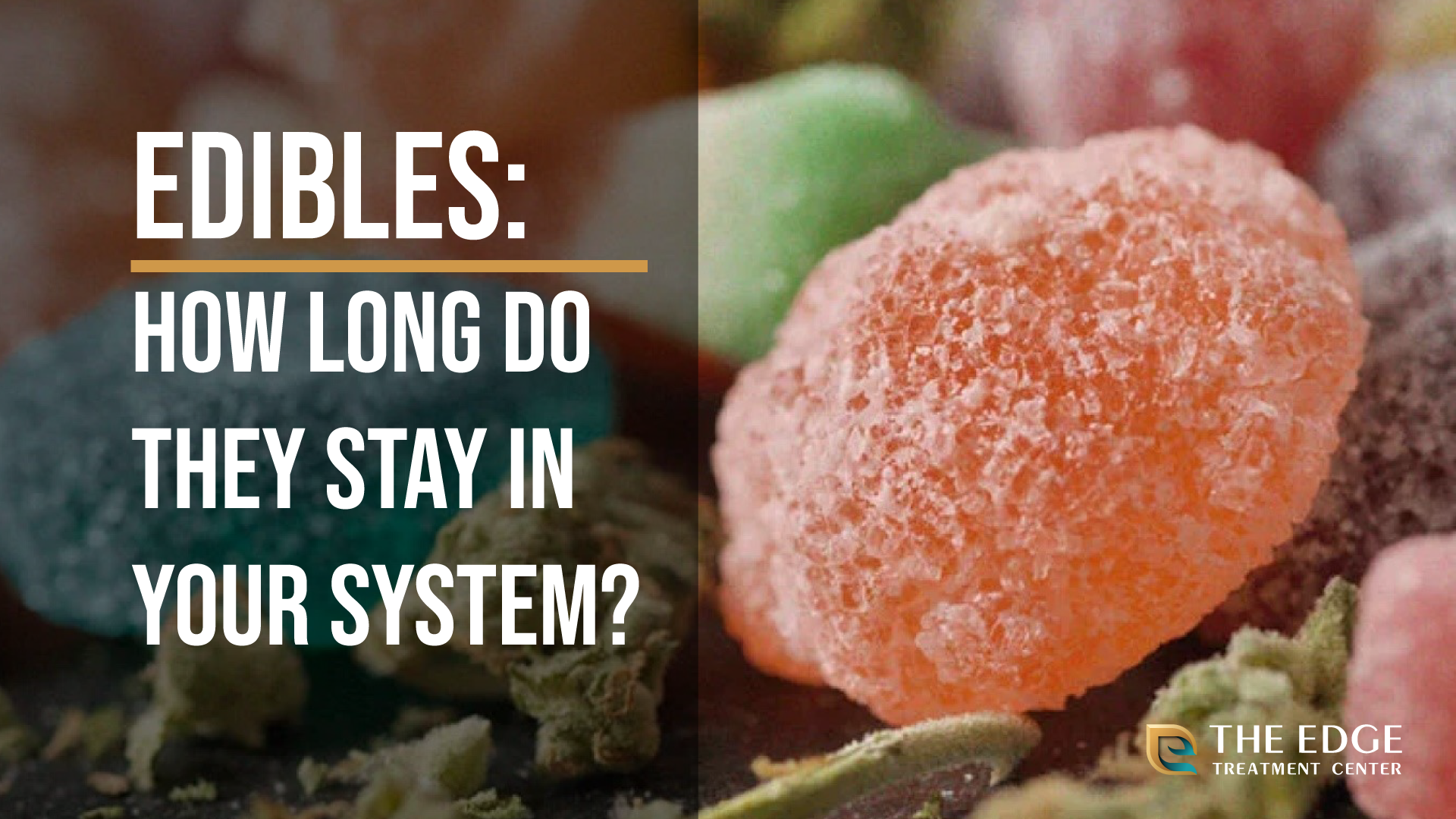
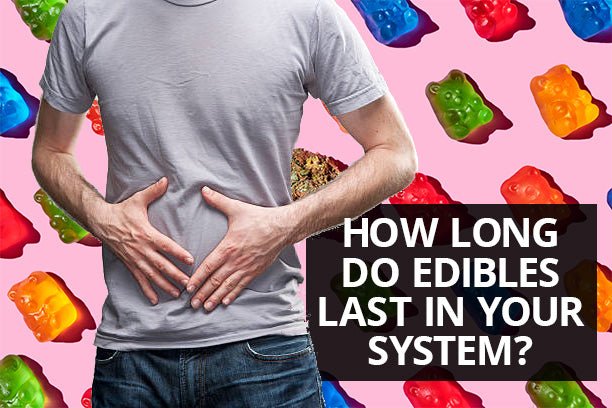

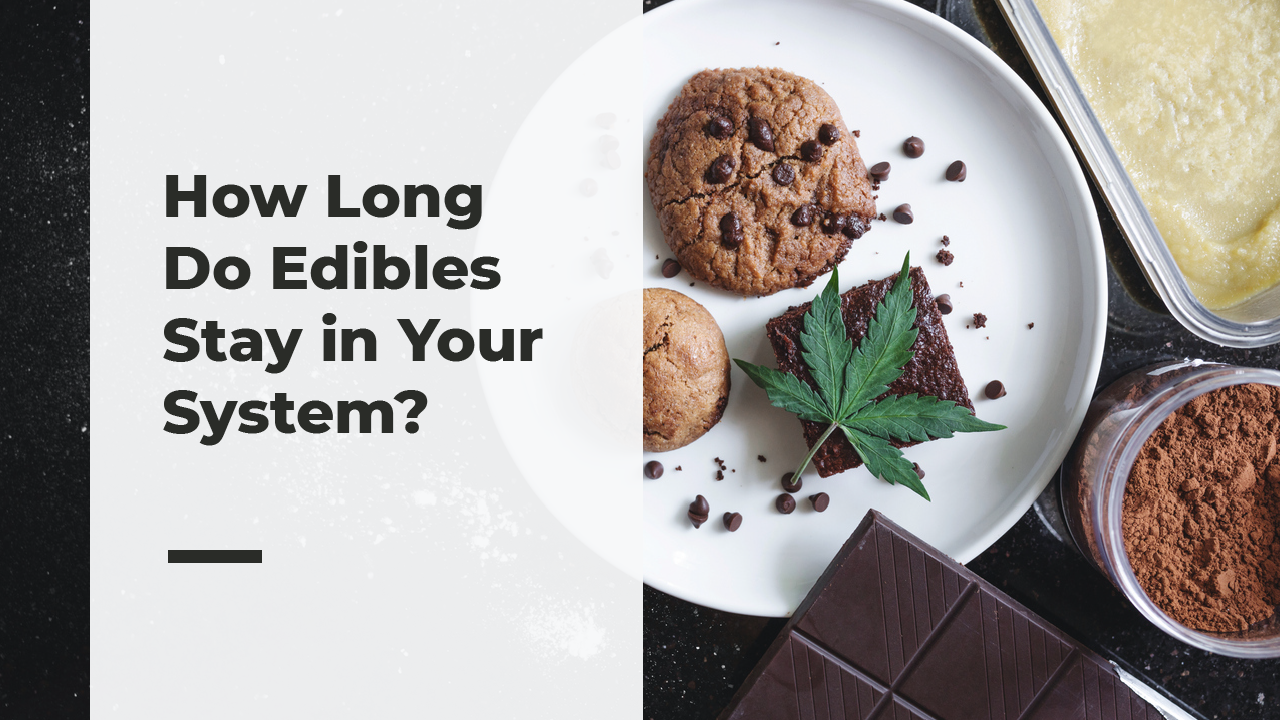


![How Long Do Edibles Make You Test Positive How Long Do Edibles Last? [Full Timeline]](https://static.wixstatic.com/media/8af0ce_7551be18fc8540f49aa7521b5f46934c~mv2.jpg/v1/fill/w_1000,h_668,al_c,q_90,usm_0.66_1.00_0.01/8af0ce_7551be18fc8540f49aa7521b5f46934c~mv2.jpg)

